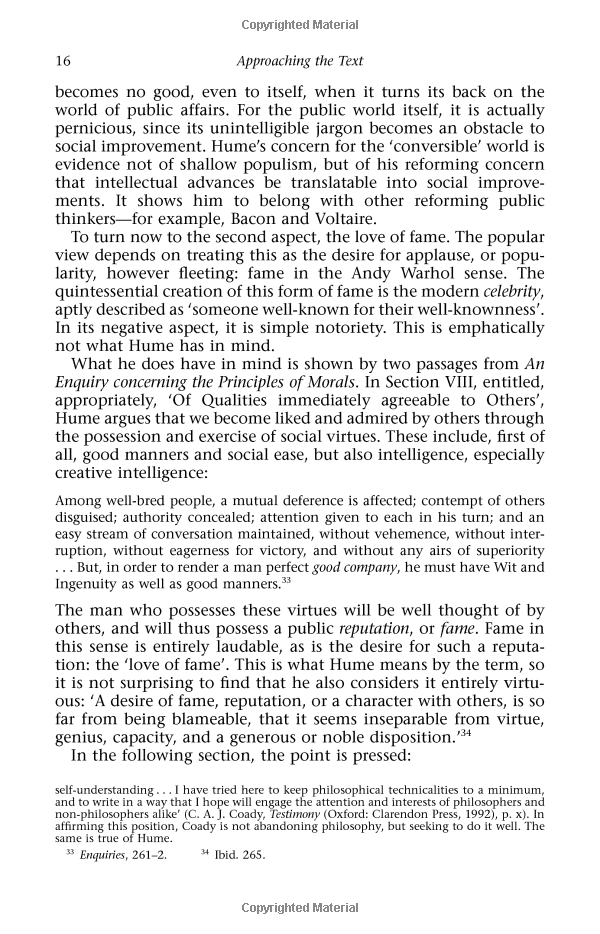Unveiling the Secrets: Fascinating Psychology Attraction Facts That Influence Human Relationships
#### psychology attraction factsIn the realm of human relationships, understanding the underlying factors that govern attraction can be a complex yet fascin……
#### psychology attraction facts
In the realm of human relationships, understanding the underlying factors that govern attraction can be a complex yet fascinating journey. The field of psychology offers a wealth of insights into why we are drawn to certain individuals and what characteristics tend to foster connections. Here, we delve into some intriguing psychology attraction facts that can help illuminate the mysteries of human bonding.
One of the most compelling psychology attraction facts is the concept of proximity. Research has consistently shown that people are more likely to develop romantic relationships with those who are physically closer to them. This phenomenon, known as the "mere exposure effect," suggests that the more we encounter someone, the more we tend to like them. This principle explains why friendships often blossom in workplaces, schools, and neighborhoods. The frequent interaction provides opportunities for familiarity, which can lead to deeper emotional connections.

Another significant factor in attraction is similarity. Studies have demonstrated that individuals are often attracted to those who share similar interests, values, and backgrounds. This is rooted in the idea that shared experiences and beliefs create a sense of understanding and compatibility. The "matching hypothesis" posits that people tend to pair up with others who are similar in physical attractiveness, intelligence, and social status. This alignment not only reinforces the bond between partners but also contributes to relationship satisfaction.
Physical appearance is undeniably a crucial element in initial attraction. Research indicates that certain features, such as facial symmetry and body proportions, are universally perceived as attractive. This phenomenon can be explained through evolutionary psychology, where physical traits are linked to health and genetic fitness. However, it's essential to note that while physical attraction may spark initial interest, deeper emotional connections often hinge on personality traits, kindness, and shared values.
Furthermore, the role of emotional intelligence cannot be overlooked when discussing attraction. Individuals who exhibit high emotional intelligence are typically better at understanding and responding to the emotions of others. This ability to empathize fosters deeper connections and can enhance attraction. People are often drawn to those who make them feel understood and valued, which highlights the importance of emotional compatibility in relationships.

Another fascinating psychology attraction fact is the impact of humor. Studies have shown that a good sense of humor can significantly increase a person's attractiveness. Humor not only serves as a social lubricant, easing tensions and fostering connections, but it also signals intelligence and creativity. Couples who share a similar sense of humor tend to report higher levels of relationship satisfaction, suggesting that laughter can be a powerful bonding mechanism.
Lastly, the concept of "love at first sight" is often romanticized, but it has a psychological basis. The initial rush of attraction can trigger a surge of dopamine, the "feel-good" neurotransmitter, creating a sense of euphoria. This chemical reaction can lead to a strong, immediate connection, but sustaining that initial attraction requires more than just physical chemistry. Long-lasting relationships are built on trust, communication, and shared experiences.
In conclusion, understanding the psychology behind attraction reveals a complex interplay of factors that influence human relationships. From proximity and similarity to emotional intelligence and humor, these psychology attraction facts offer valuable insights into why we connect with certain individuals. By recognizing these elements, we can navigate our relationships with greater awareness and intention, ultimately fostering deeper and more meaningful connections.
